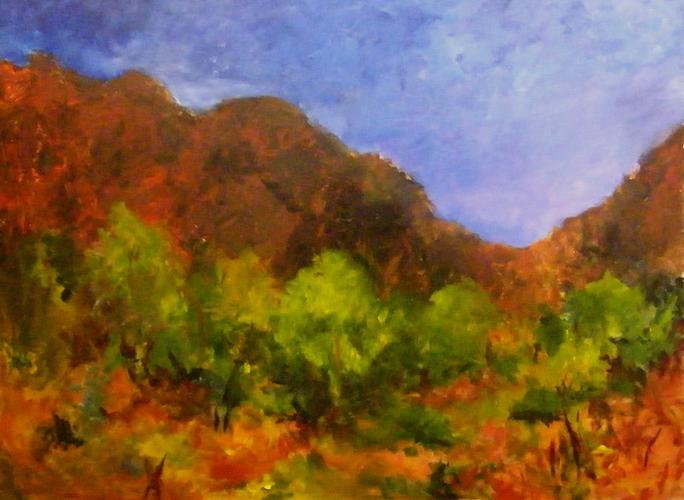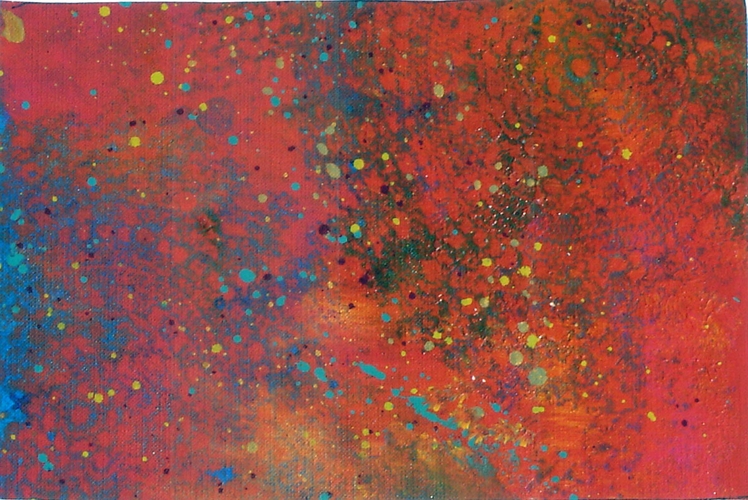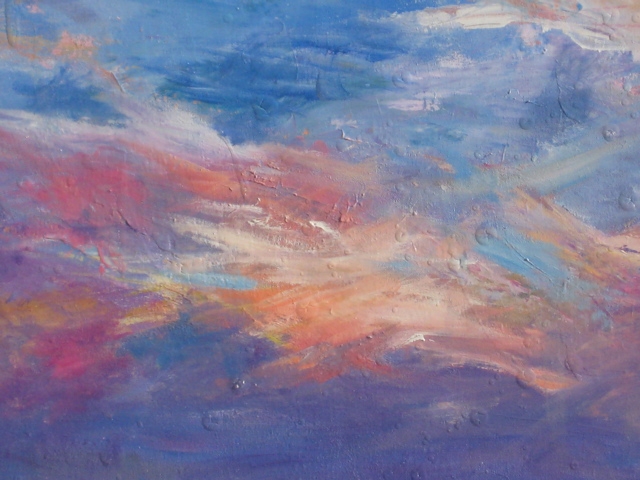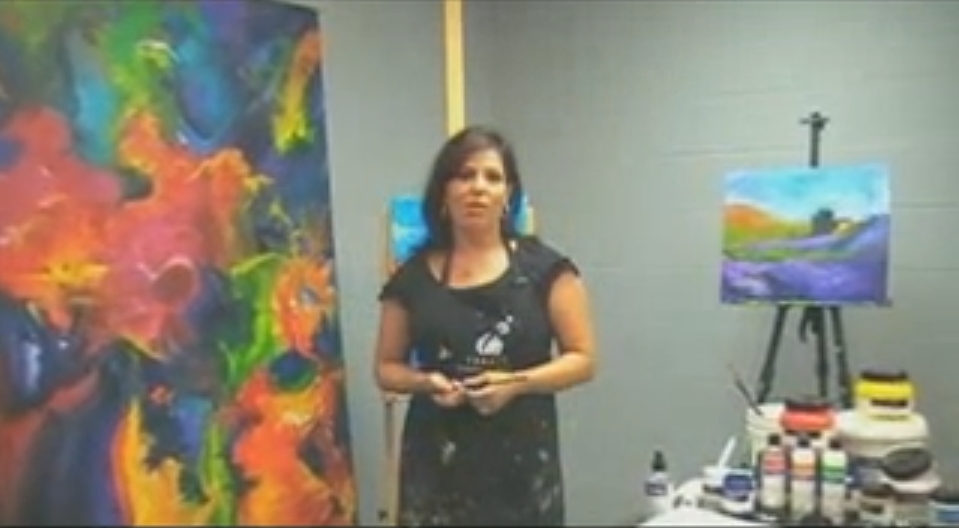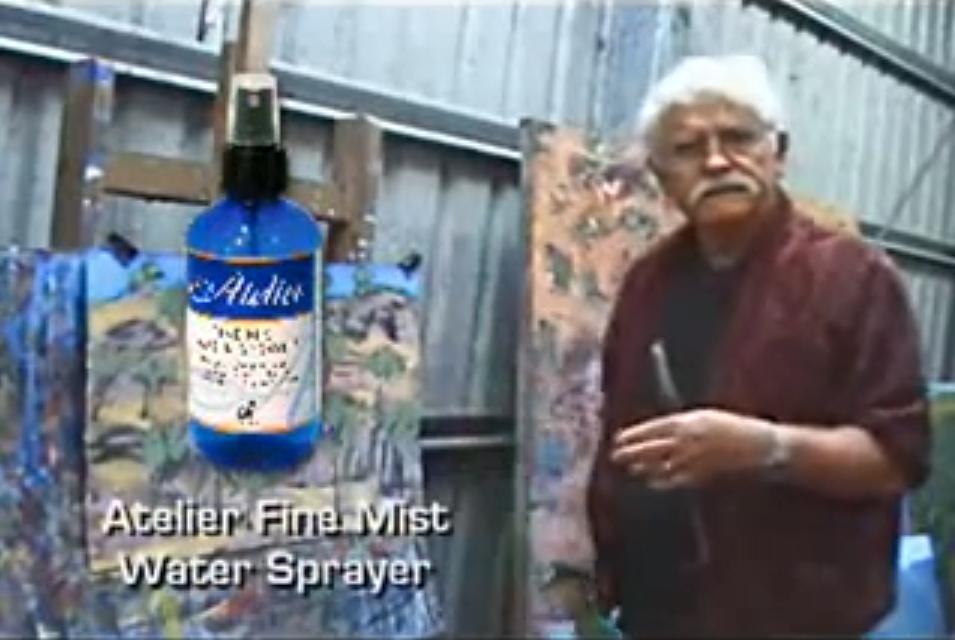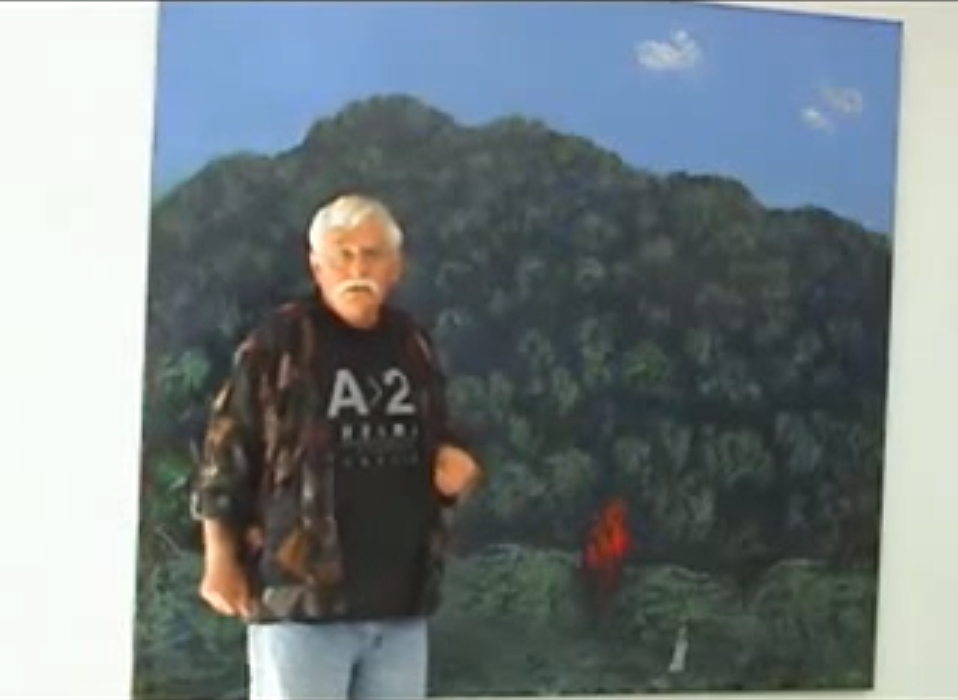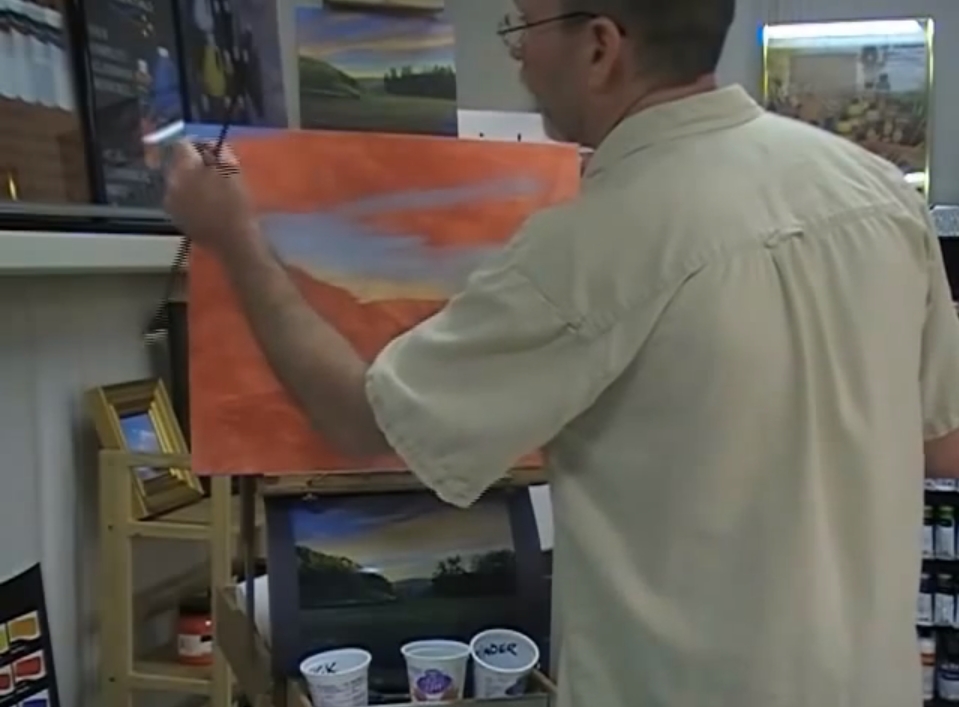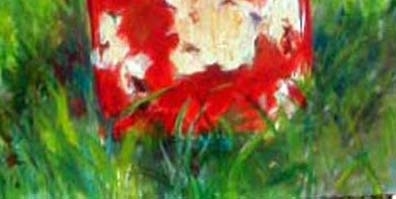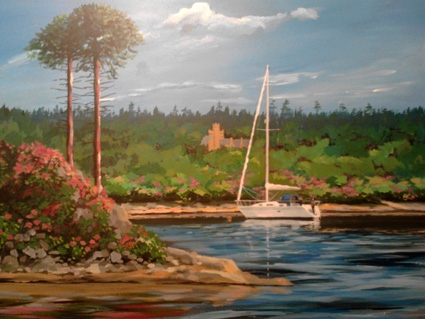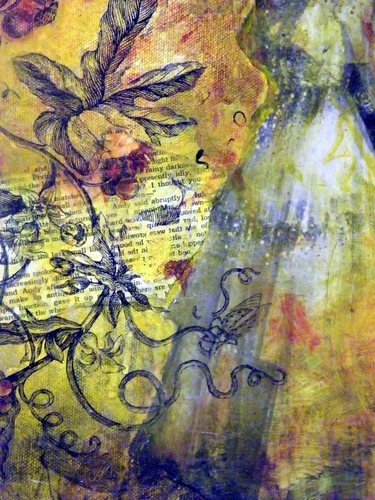When it comes to smooth transitions in paintings, the most natural and intuitive way to suggest this is by blending. It’s easy to do with oil paint, but because of the fast-drying nature of acrylics, blending has been incredibly challenging with acrylics. Happily, blending is easy with Atelier Interactive, because it is the only acrylic […]
Basics of Blending
